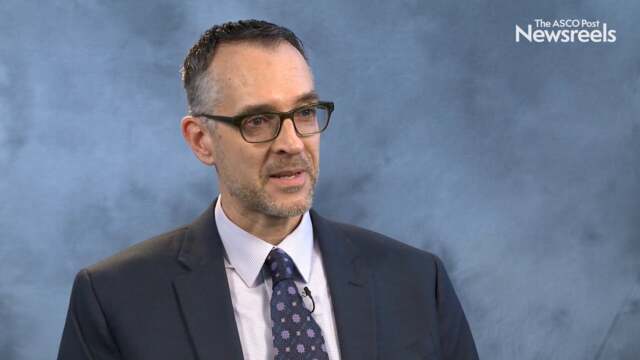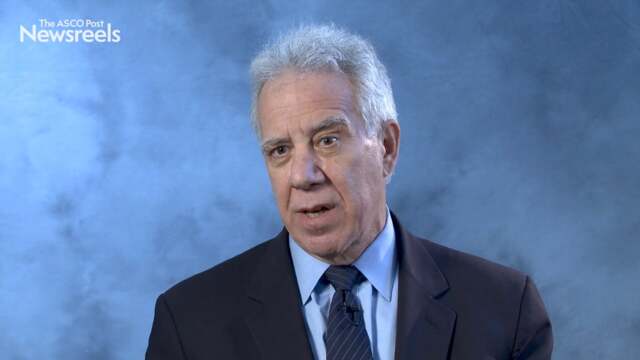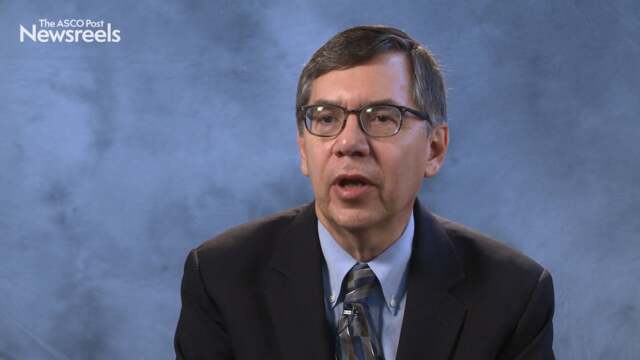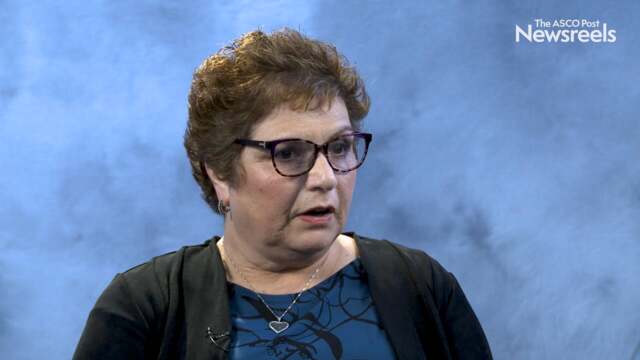Genevieve Chaput, MD, on Teaching Primary Care Providers About Survivorship
2018 Cancer Survivorship Symposium: Advancing Care and Research
Genevieve Chaput, MD, of McGill University Health Centre, discusses an accredited workshop that increased primary care providers’ confidence and knowledge about cancer survivorship, which is key to supporting their growing role in post-treatment care (Abstract 20).
Christopher J. Recklitis, PhD, MPH, of Dana-Farber Cancer Institute, summarizes two key papers on mental health: suicide risk among survivors of head and neck cancer vs other types of cancer; and the fear of cancer recurrence—its associations with mental health status and individual characteristics among cancer survivors (Abstract 146).
Arti Hurria, MD, of the City of Hope, discusses ways to incorporate the principles of geriatrics into oncology care and offer targeted interventions for older survivors.
Lawrence N. Shulman, MD, of Abramson Cancer Center at the University of Pennsylvania, discusses the Commission on Cancer’s efforts to promote robust survivorship care and how its new recommendations will affect clinical practice and patients.
Paul B. Jacobsen, PhD, of the National Cancer Institute, discusses his evaluation of whether survivorship care plans have a positive impact on health outcomes and health-care delivery for cancer survivors, in both the long and short term (Abstract 2).
Electra D. Paskett, PhD, of The Ohio State University Comprehensive Cancer Center, discusses study findings on whether exercise helps women with breast cancer regain arm mobility after lymph node surgery (Abstract 123).





